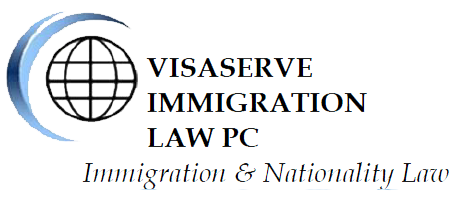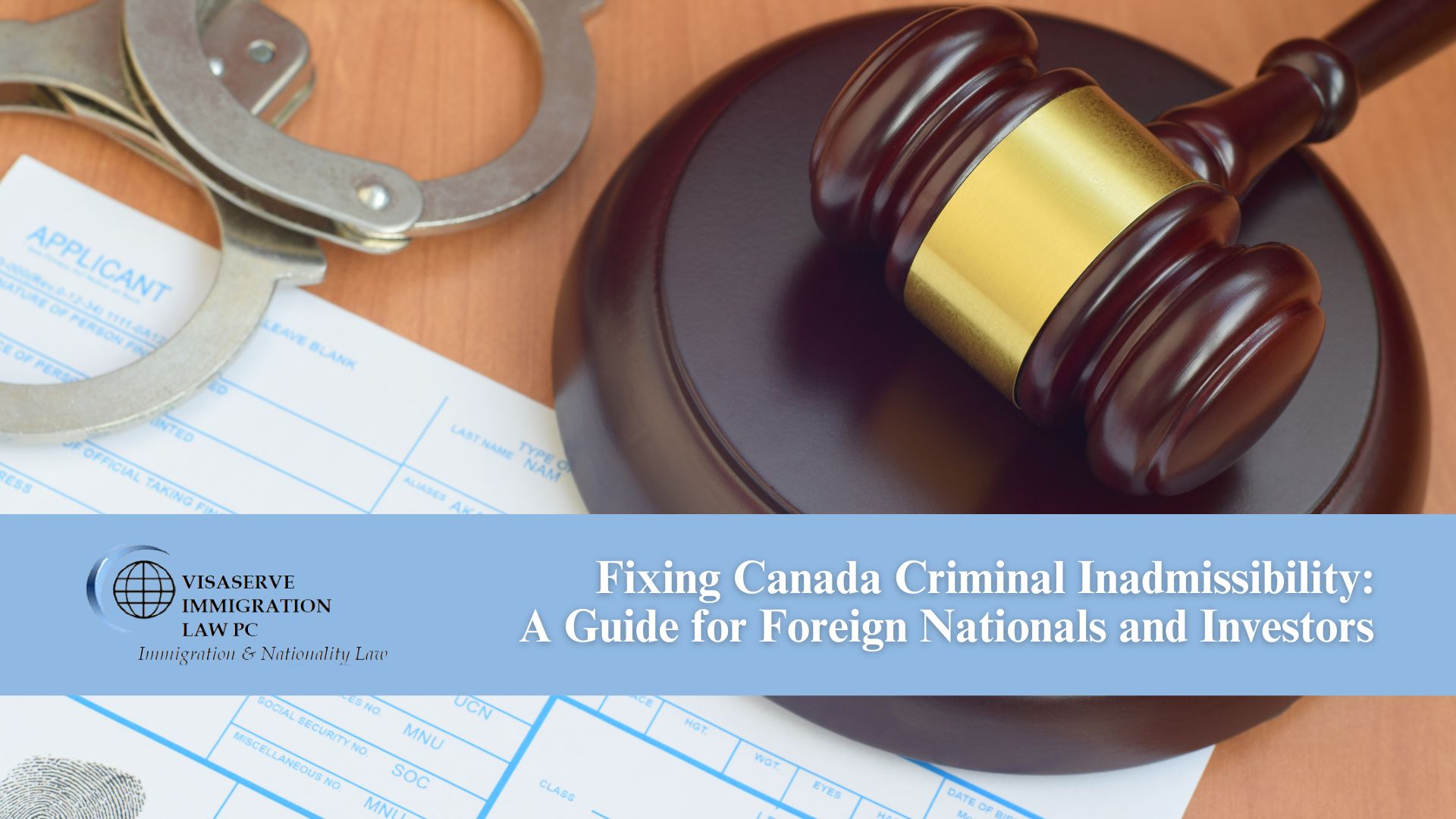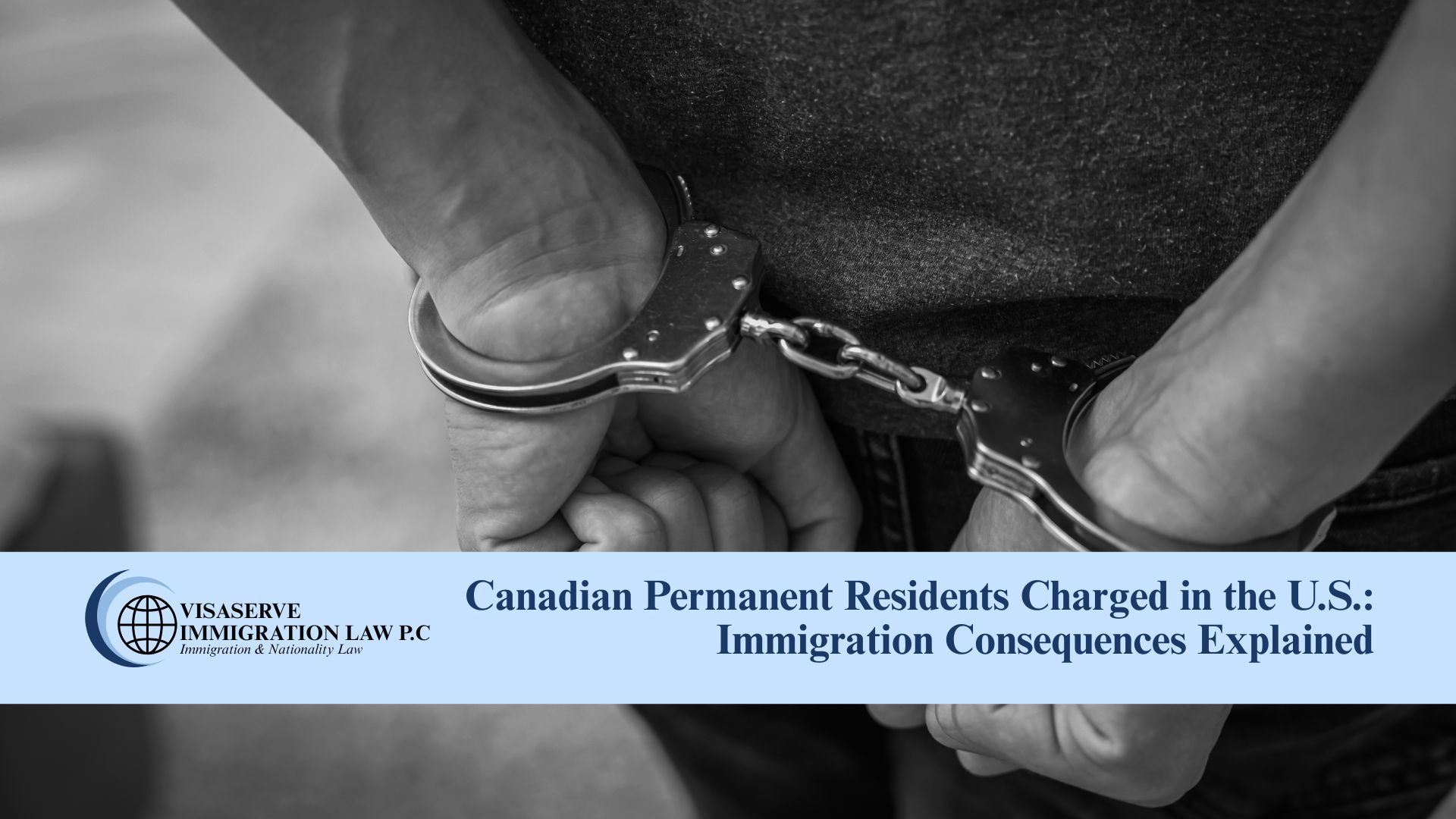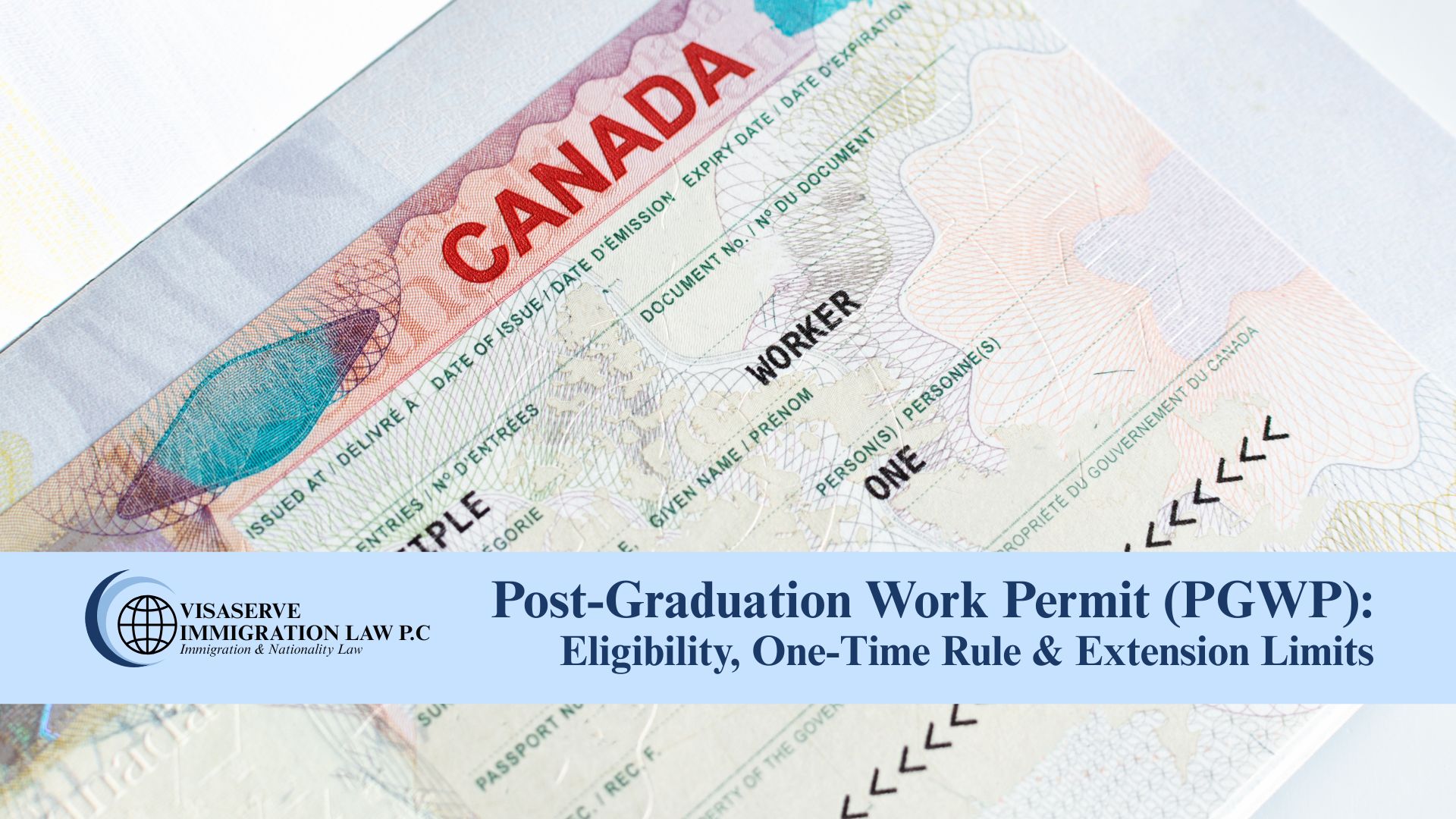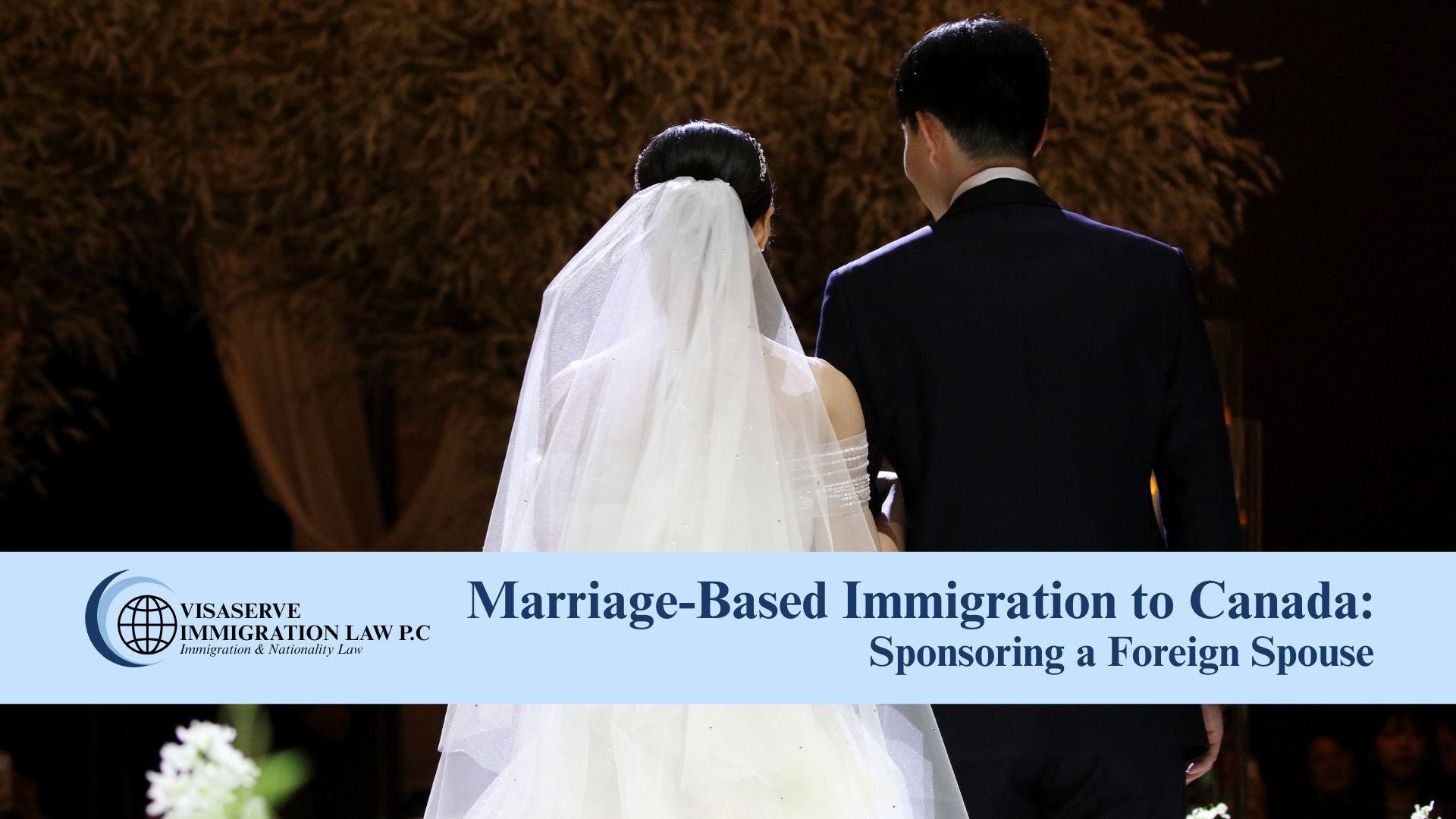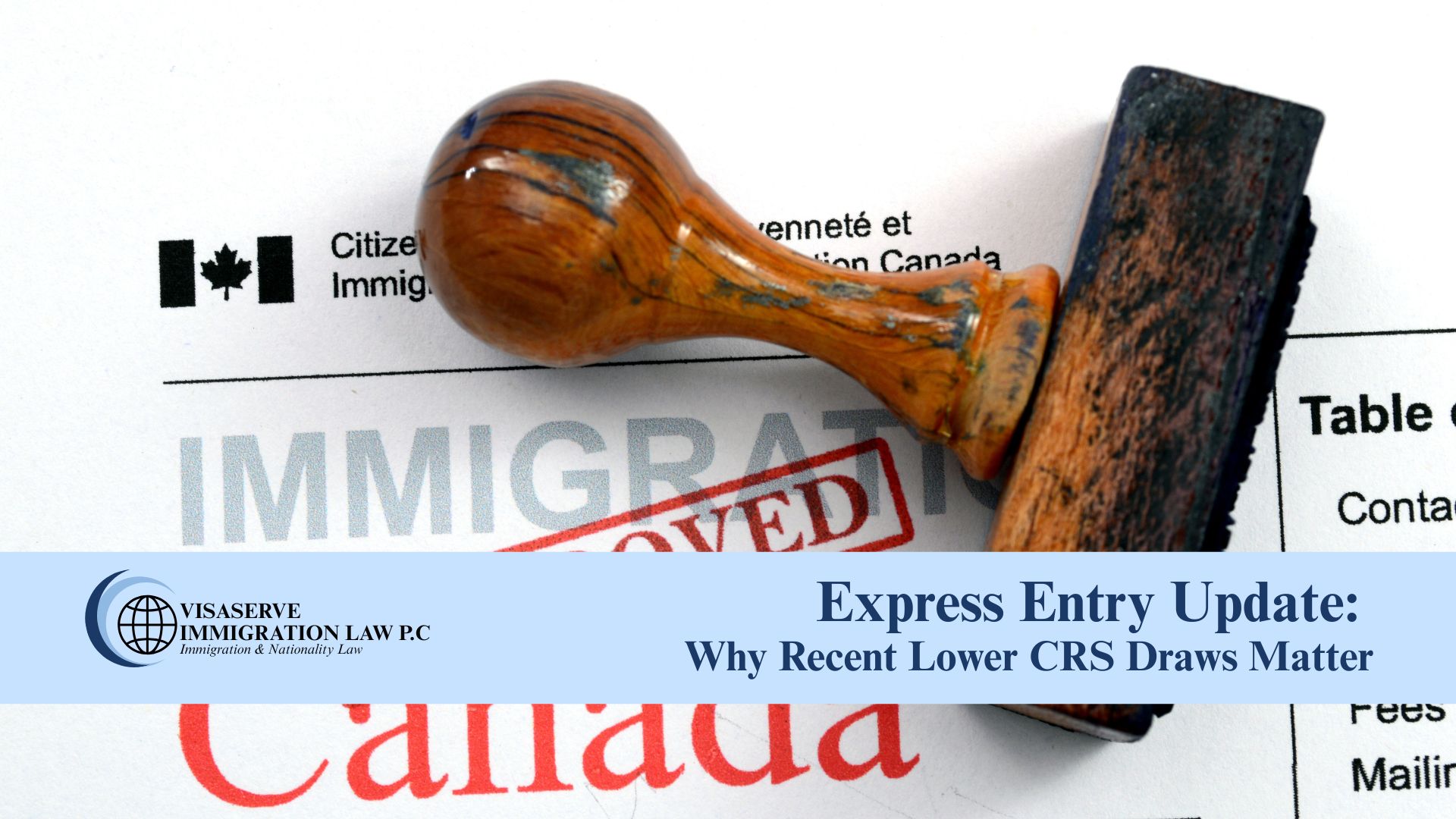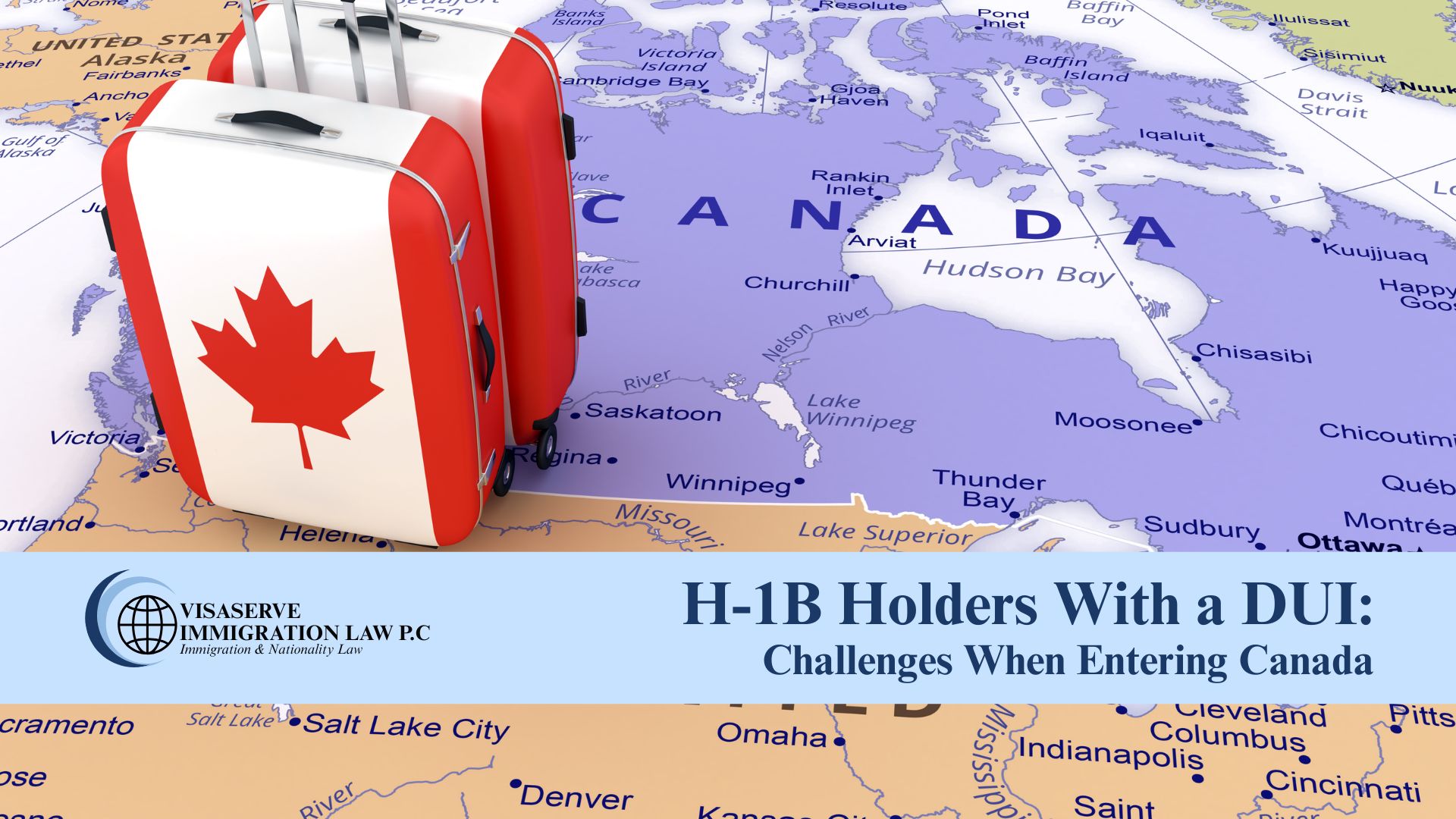For foreign nationals, visa holders, and international investors, entering Canada can become challenging if you have a prior criminal record. Under Canada’s Immigration and Refugee Protection Act, individuals who have committed or been convicted of certain crimes may be considered criminally inadmissible. This applies regardless of the severity of the offence or where it was committed.
What Is Criminal Inadmissibility?
According to the Government of Canada, you may be denied entry if you have committed or been convicted of crimes such as:
-
Theft
-
Assault
-
Manslaughter
-
Dangerous driving
-
Driving under the influence of drugs or alcohol
-
Possession or trafficking of controlled substances
This list includes both minor and serious offences. For a complete list, refer to the Criminal Code of Canada and the Controlled Drugs and Substances Act.
Even if you committed the offence under the age of 18, you may still be found inadmissible unless specific exceptions apply.
How to Fix Canada Criminal Inadmissibility
There are several legal pathways to resolve criminal inadmissibility, depending on your situation:
1. Deemed Rehabilitation
You may be deemed rehabilitated if:
-
Enough time has passed since the completion of your sentence (including probation).
-
The crime committed carries a maximum prison term of less than 10 years under Canadian law.
-
You have not committed multiple offences.
This is often the simplest solution for older or less serious convictions, but it must still be assessed by an immigration officer at the time of your application or entry.
2. Individual Rehabilitation Application
If you are not eligible for deemed rehabilitation, you can apply for individual rehabilitation. This process requires:
-
Proof that at least 5 years have passed since the completion of your sentence and since the offence occurred.
-
Evidence that you are unlikely to commit further crimes.
-
Payment of a processing fee.
Applications for individual rehabilitation can take over a year to process, so early preparation is crucial. If you are applying for a Temporary Resident Visa (TRV), Work Permit, or Study Permit, you can submit the rehabilitation application together with your visa application at a Visa Application Centre (VAC).
If you require an Electronic Travel Authorization (eTA), the rehabilitation application must be submitted before applying for the eTA.
3. Record Suspension (Pardon)
If you were convicted in Canada, you may apply for a Record Suspension through the Parole Board of Canada. A successful record suspension removes your inadmissibility for immigration purposes.
If your conviction occurred outside Canada and you obtained a pardon or discharge in another country, check with the Canadian visa office in your region to determine whether your foreign pardon is recognized.
4. Temporary Resident Permit (TRP)
A Temporary Resident Permit (TRP) allows you to enter or stay in Canada temporarily, even if you are inadmissible. TRPs are issued if:
-
You have urgent or valid reasons to visit Canada (e.g., business meetings, family emergencies, investments).
-
Less than 5 years have passed since the end of your sentence.
An officer will weigh your reasons for entry against potential risks to Canadian society. Even if the offence appears minor, you must clearly demonstrate the necessity of your visit.
Plan Ahead for Travel or Immigration
Resolving criminal inadmissibility requires careful planning. Applications for individual rehabilitation and TRPs can take several months to over a year to process. We recommend starting the process well in advance of any intended travel to Canada.
For personalized legal advice, contact Visaserve Immigration Law P.C. today.
